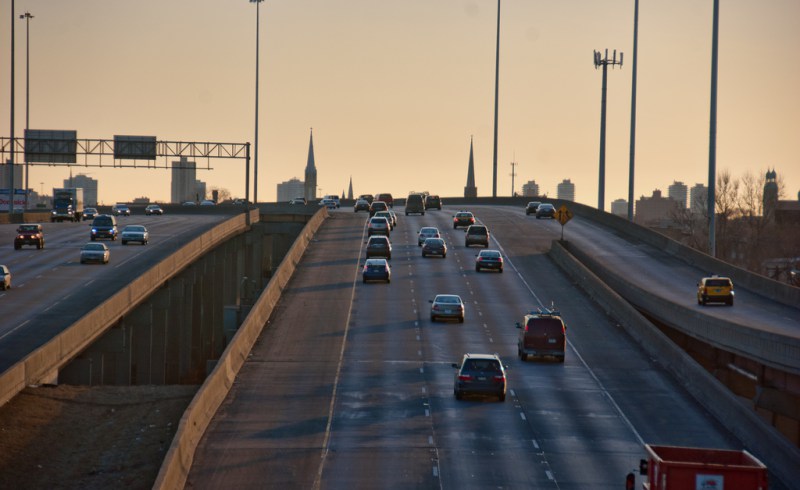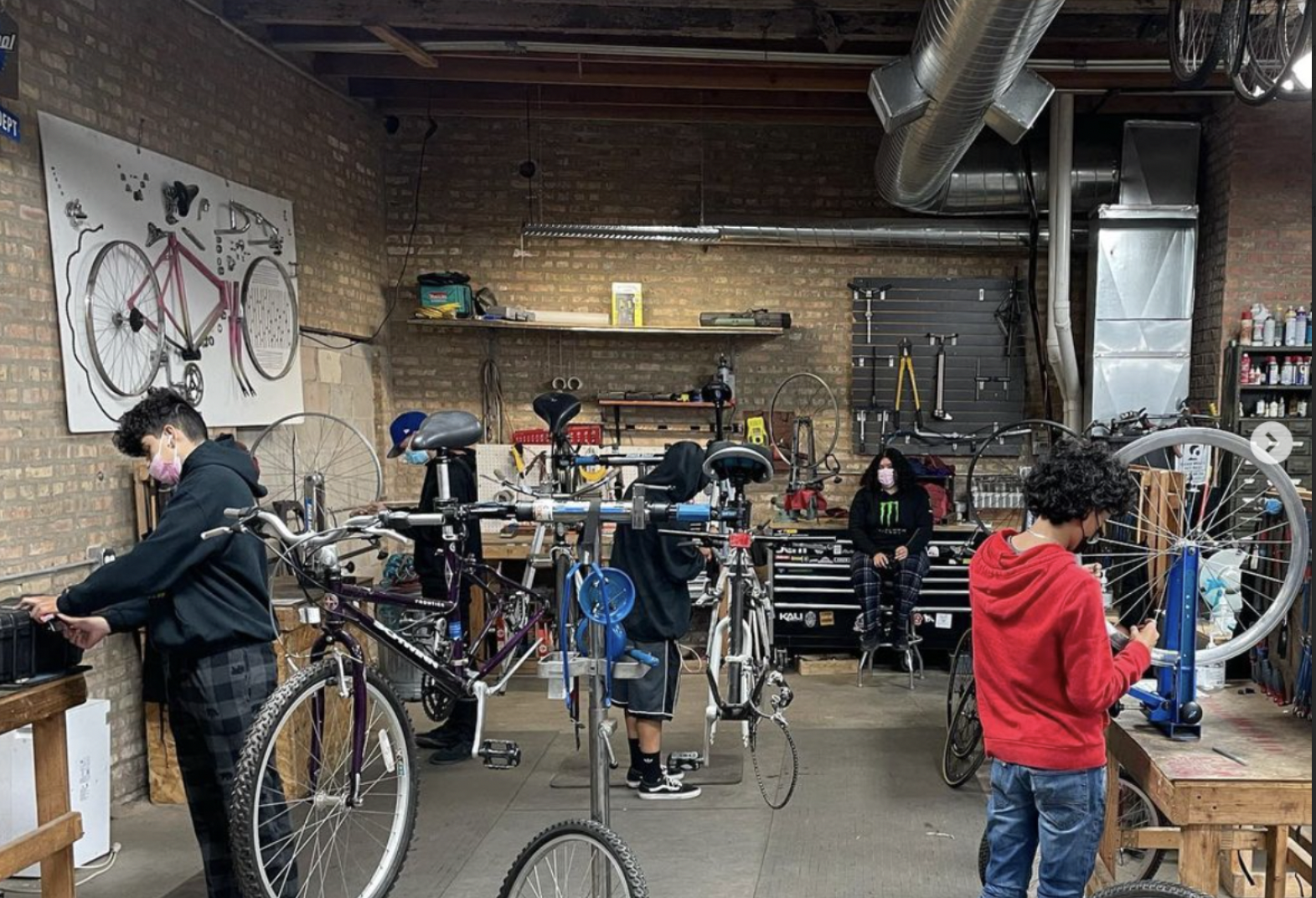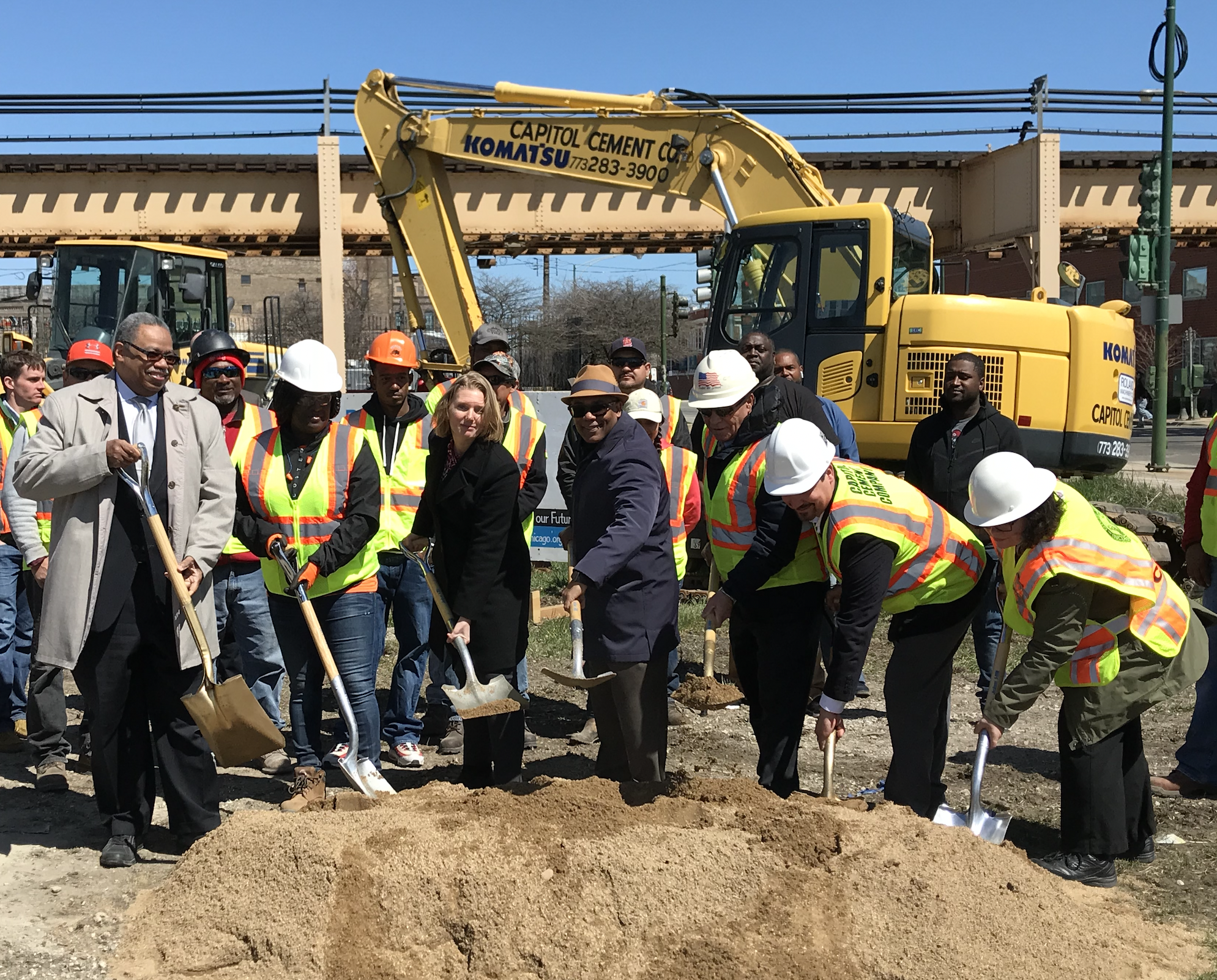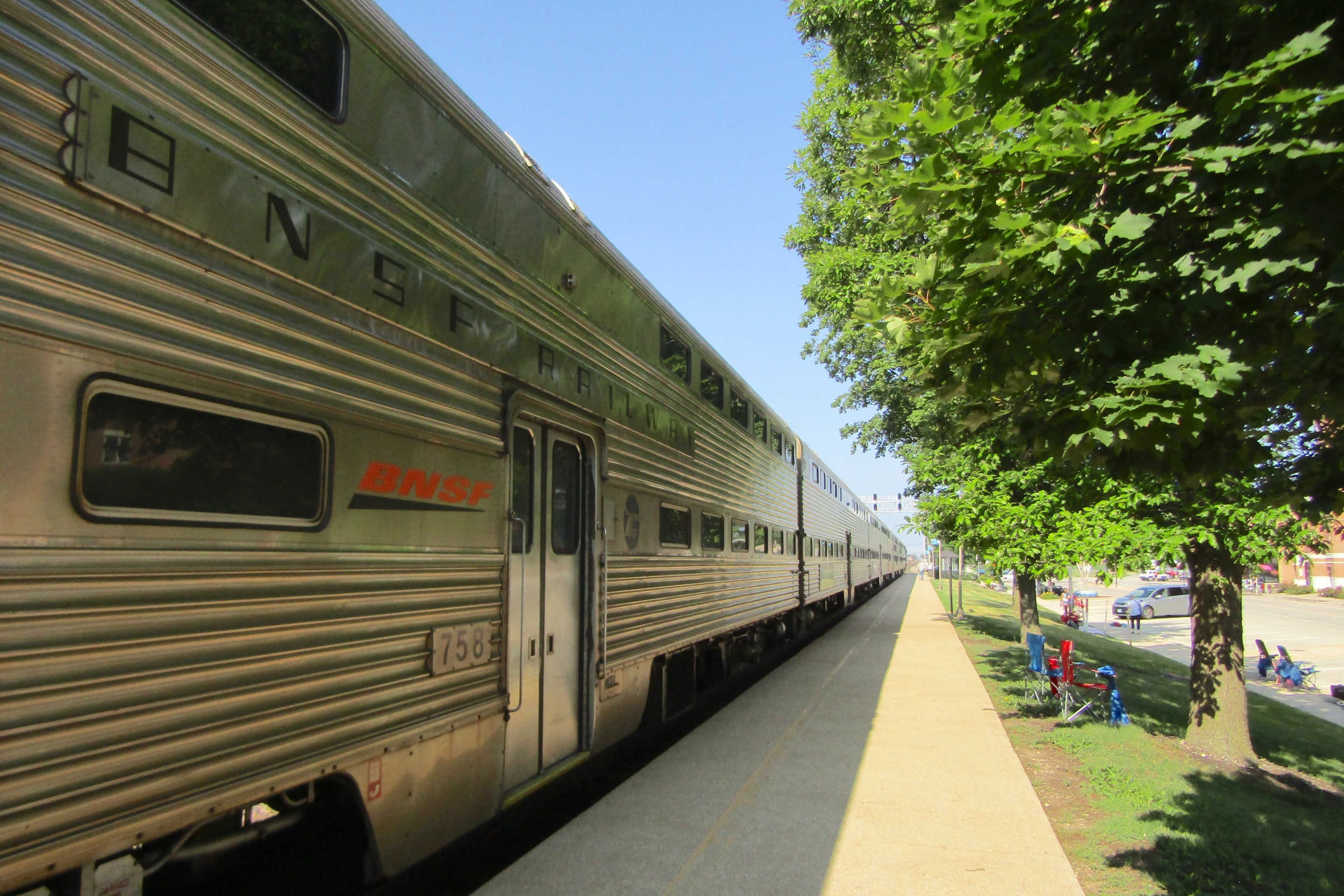Active Transportation Alliance executive director Ron Burke didn't hold back his feelings after the Chicago Metropolitan Agency for Planning, the region's planning organization, which makes decisions about which transportation projects get federal funding, approved its ON TO 2050 Plan. He slammed the document, which was approved by the CMAP board this morning, as more of the same old car-focused urban planning masquerading as a forward-thinking approach.
"Chicagoland’s new regional plan, called 'ON TO 2050,' has plenty of good ideas on paper to tackle the problem of too many cars and traffic crashes, but it lacks the mechanisms, funding, and leadership to actually implement a new mobility future and move away from the car-centric status quo," Burke said in a statement.
Burke noted that previous regional plans have laid out similar goals, but a recent analysis by Active Trans shows the region is just as car dependent today as it was in 1980. Moreover, driving has increased 4 times faster than the population since 1980, the study found.
"The over-reliance on cars and driving alone continues because the state and most suburbs build communities and fund transportation in ways that make cars the only viable choice for most travel," Burke added. He noted that road projects constructed by the Illinois Department of Transportation account for most of the federal transportation funds used in the Chicago region. Meanwhile, the state spends almost none of its own money on biking and walking, while state support for transit was cut by more than 15 percent since 2016. Likewise, nearly all transportation spending by Chicago suburbs and counties in the region is for car-centric projects.
"As a result, even when CMAP plans call for alternatives to driving, these ideas take a back seat to road projects that lead to more driving and compete with alternatives, like the multi-billion dollar plans to expand I-55 and I-290 included in ON TO 2050," Burke noted.
Burke argued that this car-centric mentality ignores decades of research and experience demonstrating that road expansion only encourages more driving, thereby and makes our region less healthy, sustainable, and equitable. "It also ignores the need for the Chicago region to embrace a new mobility future that makes it easier and cheaper to swap cars for public transit, shared use ride services, walking, and biking. With fewer people driving alone, we will save lives, reduce congestion, and increase the region’s economic competitiveness and equity."
Burke added that a recent decision at CMAP to make dedicated biking and walking projects ineligible for $40 million dollars annually of federal Surface Transportation Program grants is another example of this car-focused approach. "Most regions already spend STP funds to support a multi-modal set of projects," he noted. "Until recently in the Chicago region, these funds were passed through to the City of Chicago and the suburban councils of government, with suburbs spending nearly all their STP money on roads."
Due to pressure from the federal government to comply with existing law, CMAP approved setting aside between 8 and 15 percent of the region’s STP dollars in a new Shared Local Fund over the next five years, Burke said. "In making the change, the suburban CMAP members insisted that bike and pedestrian projects be ineligible for these funds to reduce competition with the road projects they prefer."
Burke concluded by underscoring the need to let politicians know that more of the same car-centric planning will not be tolerated. "Below ON TO 2050’s 'new mobility' veneer remains an entrenched old mobility bureaucracy led by the suburbs and IDOT. That won’t change until mayors and village managers from the suburbs, and the governor, embrace the future and prioritize safer and more efficient modes of travel."
Such a stiff, immediate backlash from the region's leading sustainable transportation advocacy group does not bode well for ON TO 2050 as a supposed roadmap to a less car-dependent future.

Did you appreciate this post? Consider making a donation through our PublicGood site.




